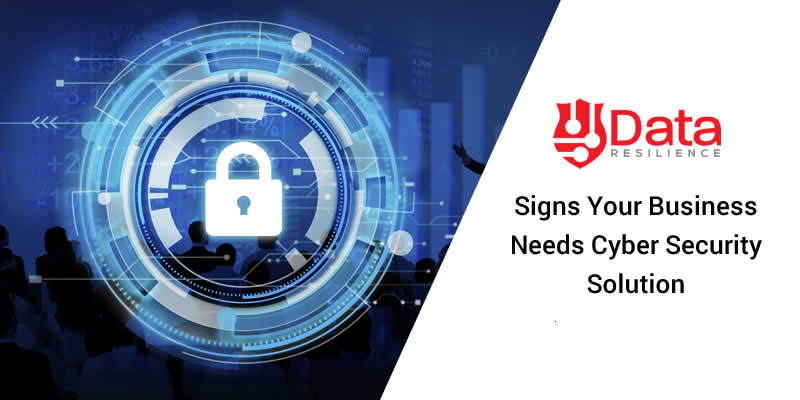It’s time for you to install a cybersecurity solution well before you’ve noticed the warning signs that your computer is behaving oddly or you have become privy to some unknown files residing on your computer. It is also far too late to take action, once you hear that your competitor is a party to information about your company which you have still not openly divulged to anyone.
Like an annual wellness check for your health, your information technology environments also need a ‘health-check’ to gauge potential risks before something serious happens. It helps to identify risks about software, systems or devices that may also need to be immediately flushed out from your system.
Here are four (4) cyber-security considerations:
1. Payment Information collection
Many businesses today are conducting their business online and payments and receipts occur online, so protecting your customer profile is critical. To avoid financial losses and incidents, it is advisable to commit your system to a cyber-secure environment. Specific legislation exists in some areas such as credit card transactions and the Payment Card Industry Data Security System (PCI-DSS) that many organisations need to comply with.
2. Digital Employee Information
Your company is likely storing employee information digitally and with the sensitive nature of the information that is stored, such as personal contact information, next of kin details, social security number and bank account numbers provided, it is mandatory to have a cybersecurity system in place. Having a cybersecurity system will provide the security to your employee accounts, without which employee accounts could get compromised, leading to drastic repercussions.
3. Technology fallout
Every company nowadays is technologically intensive with most, if not all, business operations being overseen with technology at its core; including inventory systems, finance, and accounting tools and customer databases. If a breach occurs, it could jeopardise normal business operations and cause business continuity issues. In addition to implementing technology, process, and cyber-relevant policies, it’s also critical to implement a cyber liability insurance plan, in case of a breach. Such policies not only include cover for direct financial loss due to a cyber incident, but also the costs of repair and remediation of IT systems, forensic analysis, crisis communications and reporting to regulatory authorities.
4. BYOD Culture
Bring Your Own Device (BYOD) is now well entrenched in many organisations, where employees are more than pleased to use their own devices for personal and business use, saving the need to carry multiple devices. Unfortunately, the same can be said of cybercriminals too, who have themselves found out that:
-
Employee devices may not be the latest and hence susceptible to cyber-attacks.
-
Employees may download malicious content that gives access to cybercriminals.
-
An employee may not be the sole user of the device, which has access to sensitive business information.
-
Disgruntled employees may deliberately take action to damage or destroy company-owned data.
It is for the well-being of the company, that BYOD security considerations are taken seriously if cybersecurity and appropriate controls put in place. Cyber-attacks and breaches are increasingly damaging to the business reputation that may have taken years to build, not just the impact to direct financial loss or company downtime.
The above are only four of the required considerations of an effective Cyber Security Framework that will start you on the path to Data Resilience.
For more information, visit www.dataresilience.com.au or drop us a note at [email protected].

